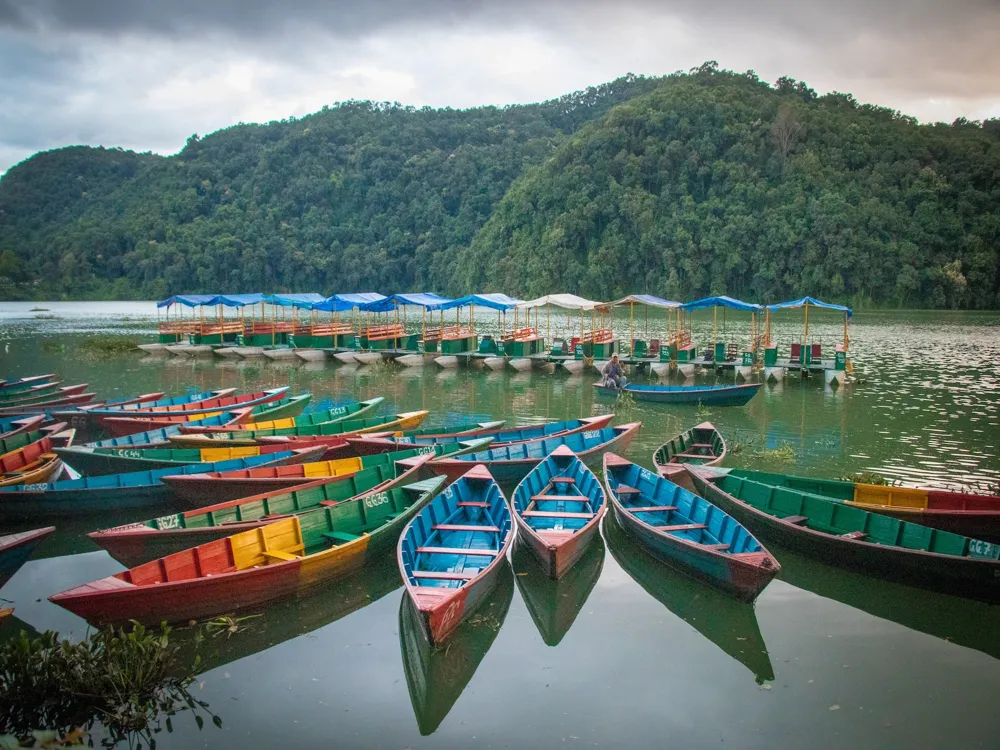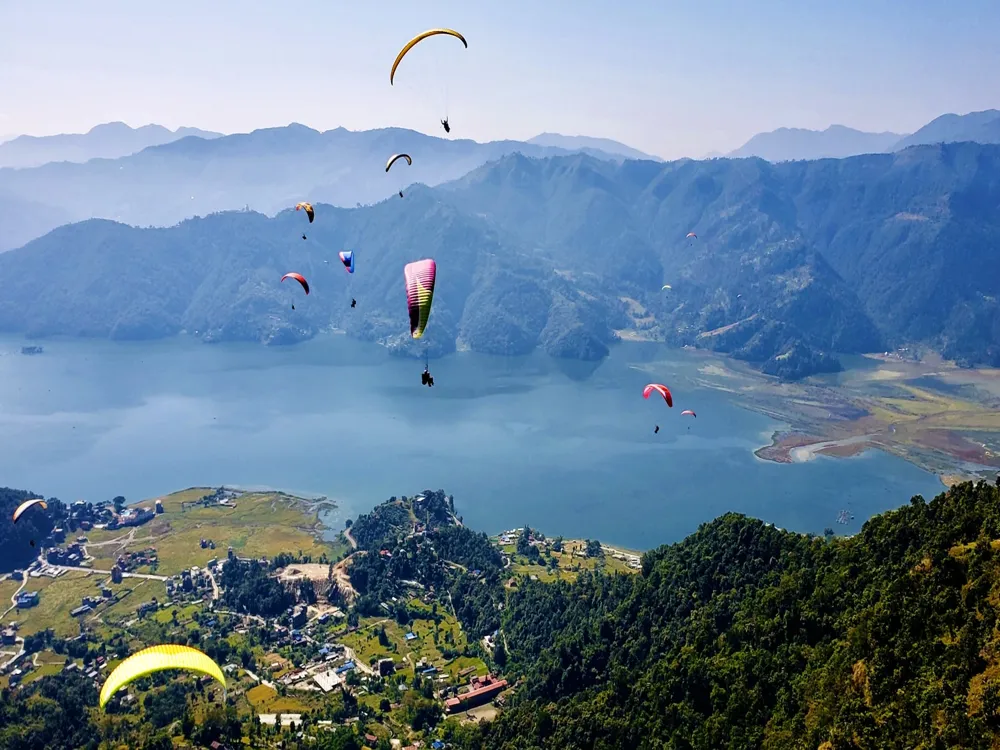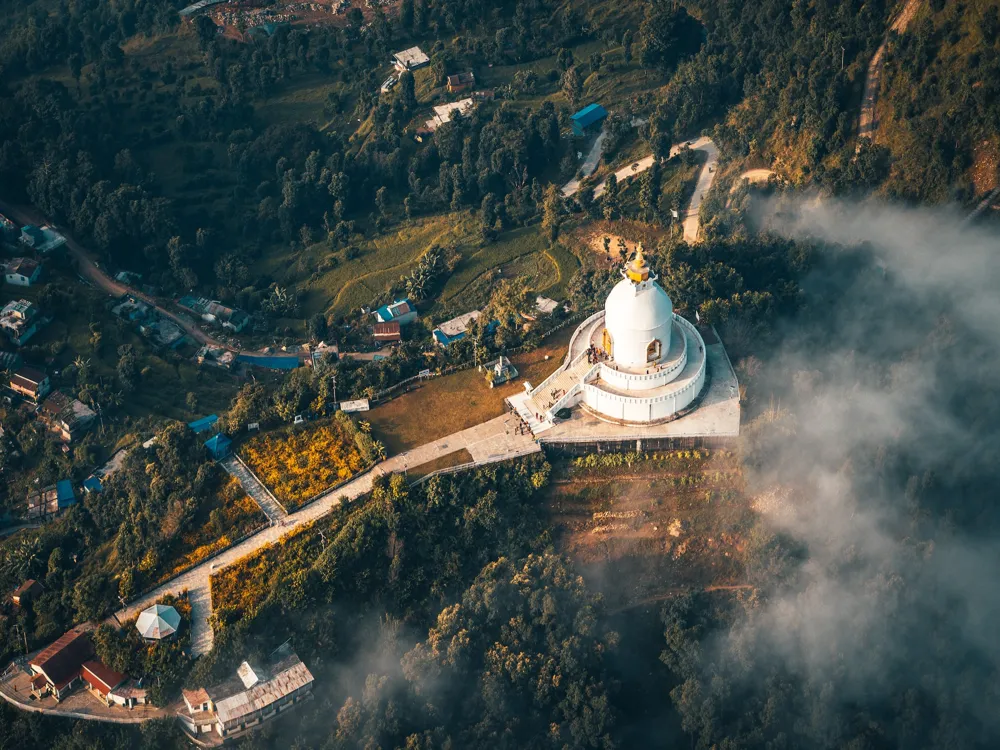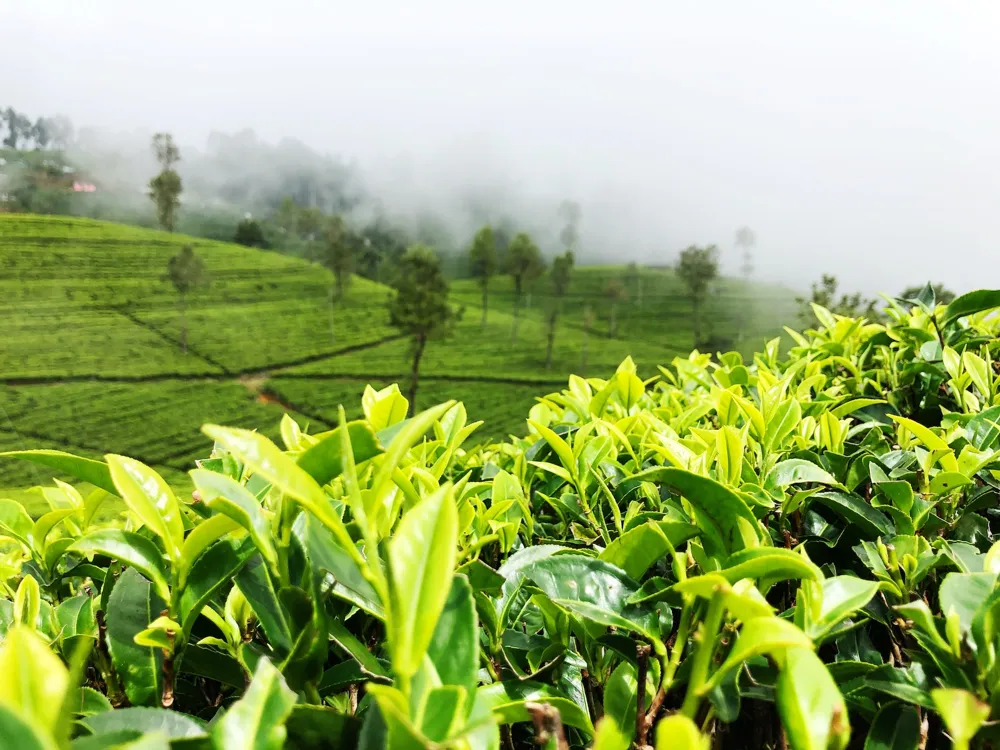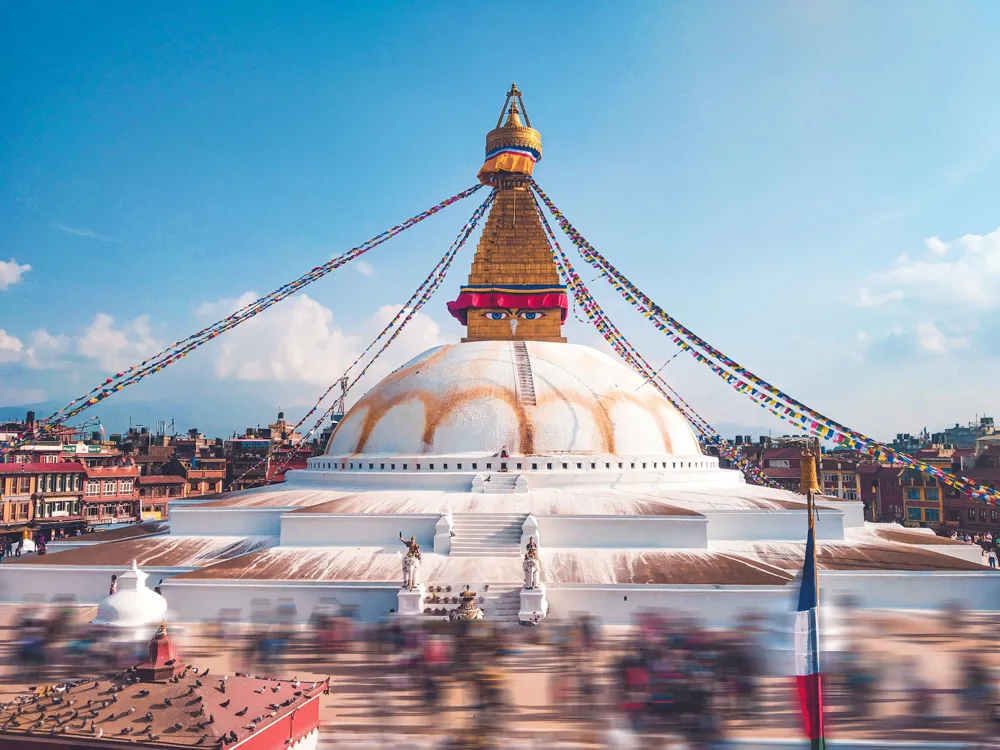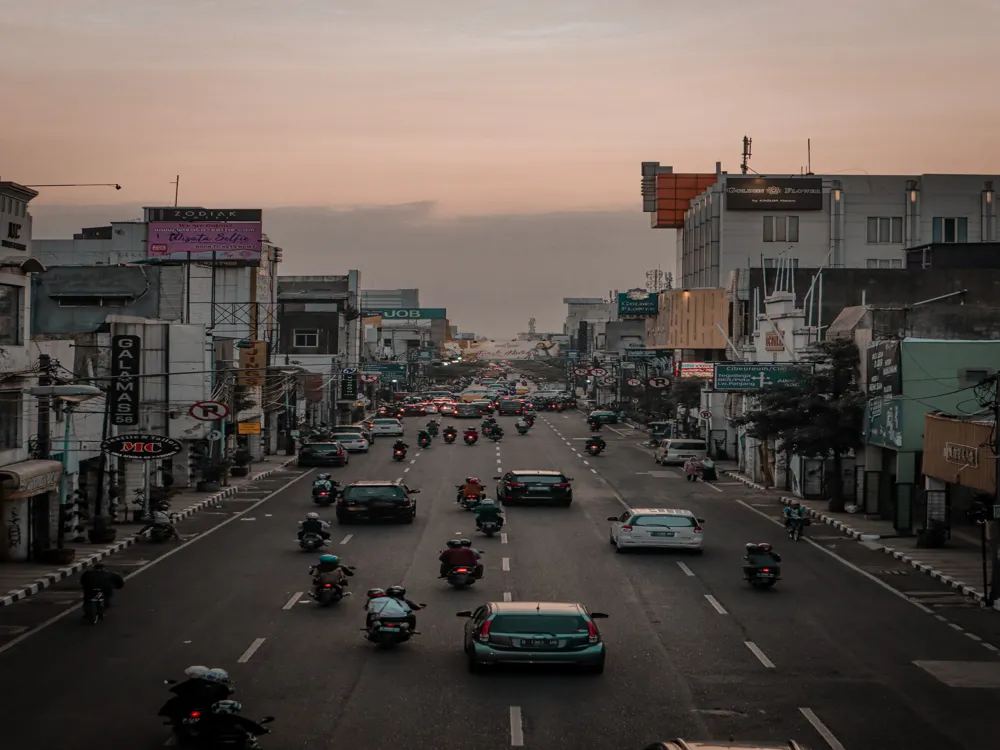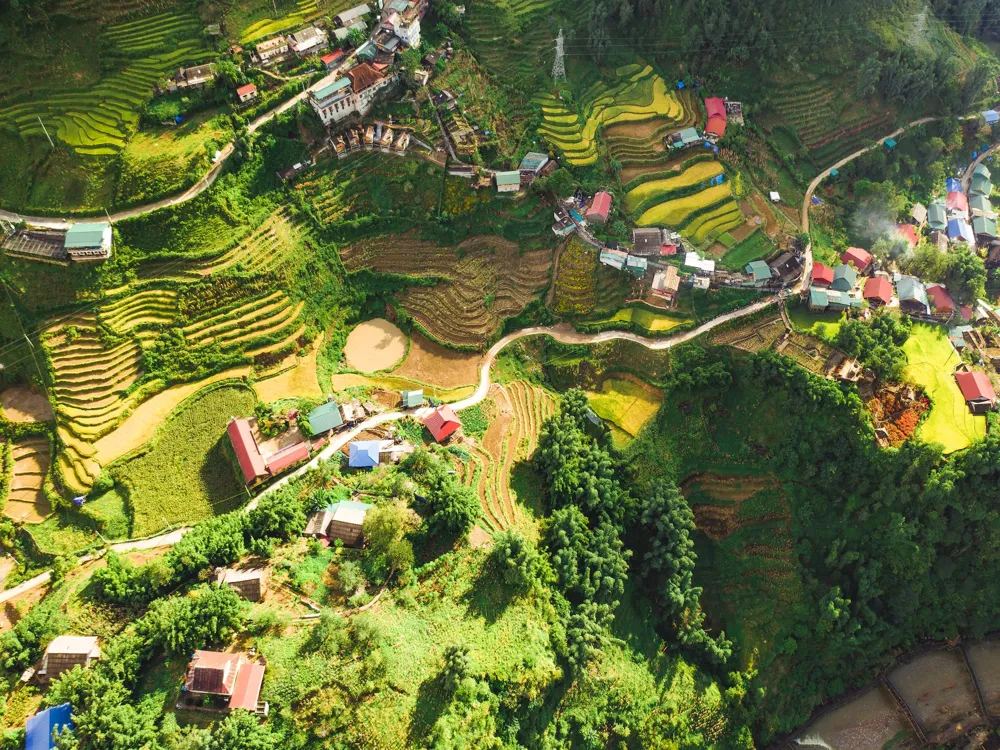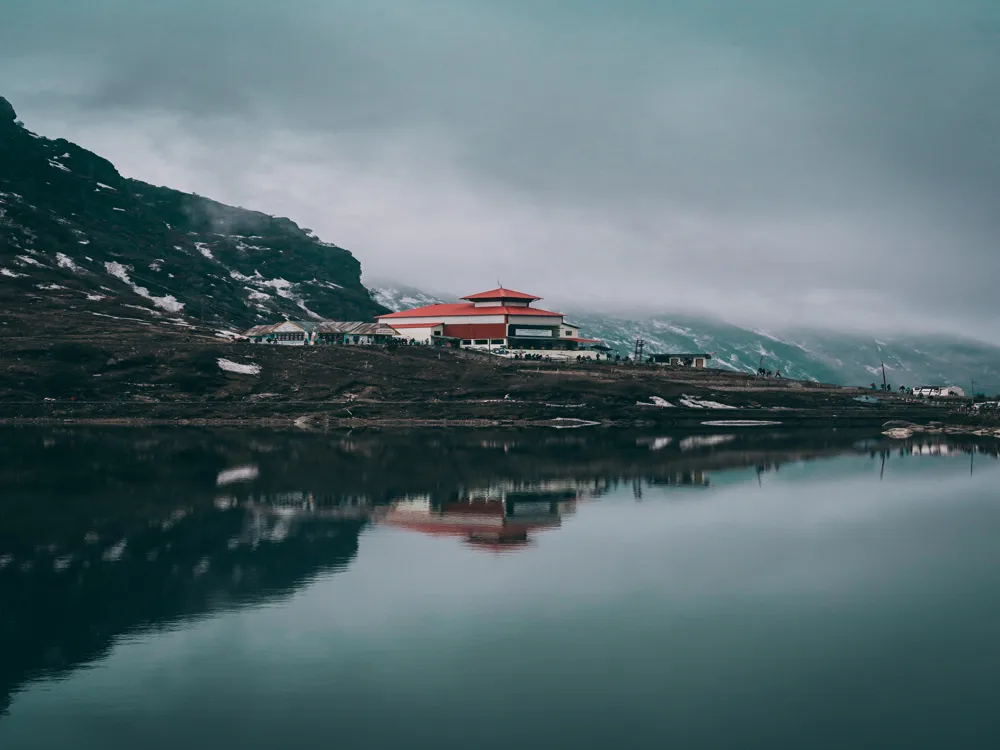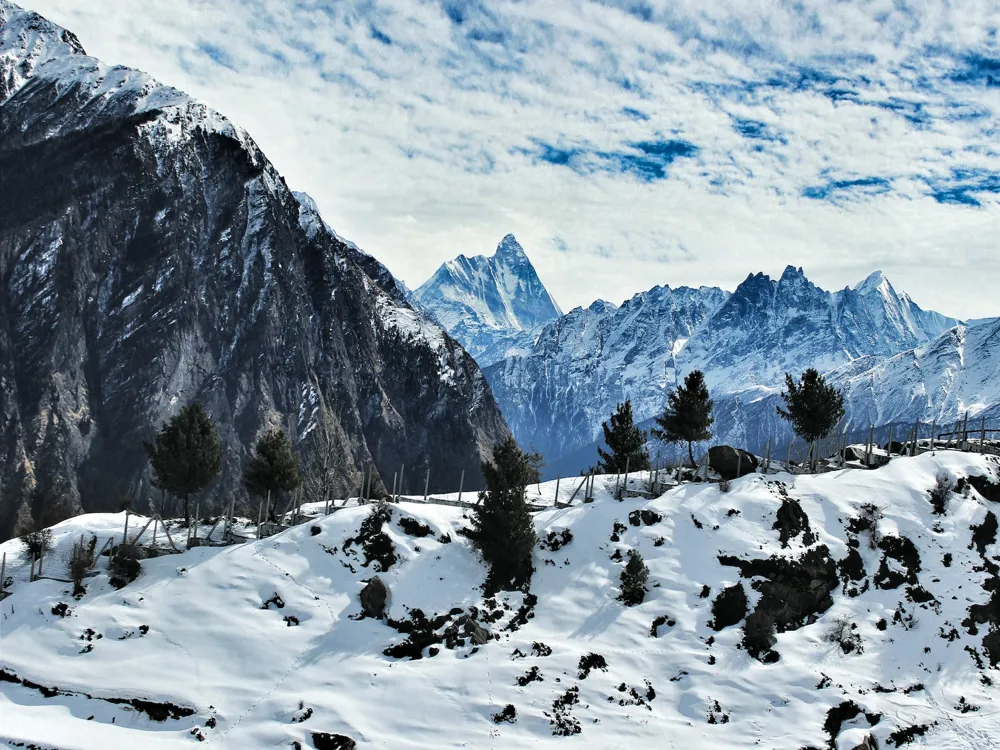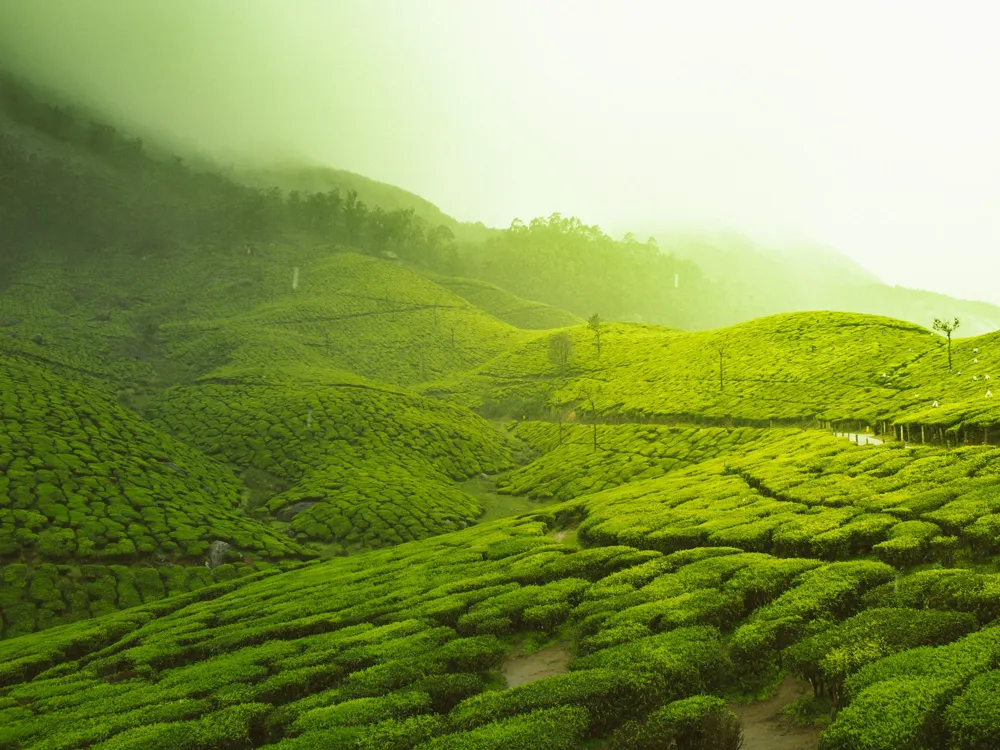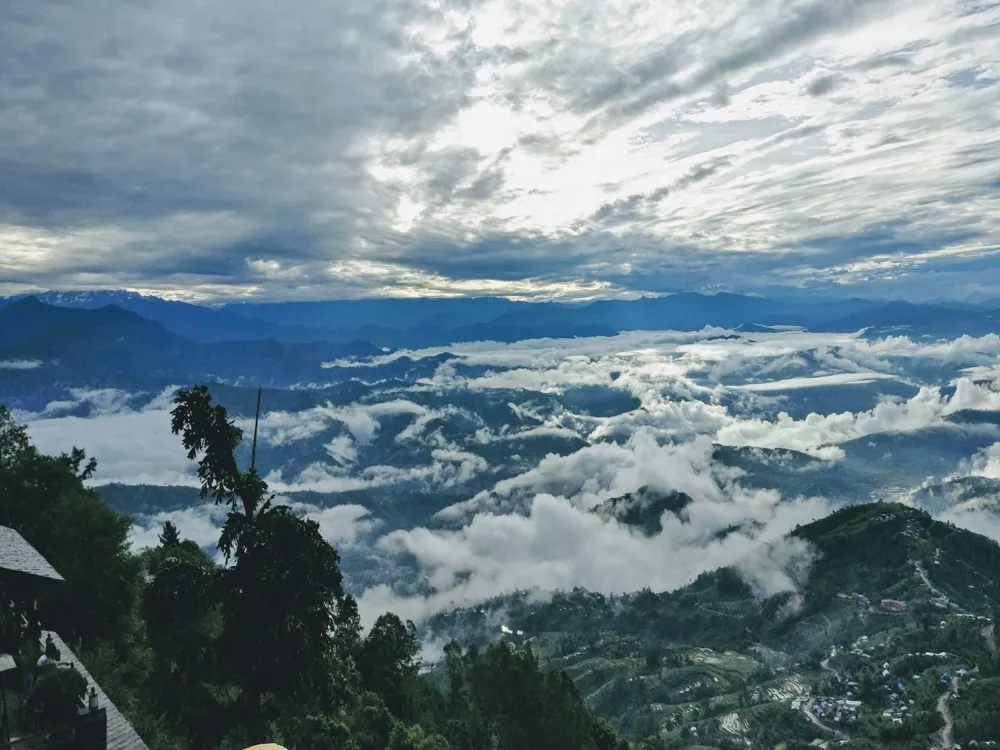Best Time to Visit Pokhara
Nepal
1 out of 13 Places to visit in Nepal₹ 5,000 onwards View Packages
Get Customized PackagesThe Land of Diversity
Top Hotel Collections

Private Pool

Luxury Hotels

5-Star Hotels

Pet Friendly
What is the Best Time to Visit Pokhara?
Nestled in the heart of Nepal, Pokhara beckons travelers with its breathtaking landscapes, serene lakes, and vibrant culture. Deciding on the best time to visit Pokhara can be pivotal in ensuring an unforgettable experience. Let's delve into the nuances of each season to help you plan your sojourn seamlessly.
More about the Best Time to Travel to Pokhara
Travel Peak Season in Pokhara
The peak season, spanning from September to November, is a symphony of perfect weather and festivities. During this time, Pokhara unveils its majestic vistas with clear skies and moderate temperatures. Tourists flock to witness the Annapurna Range in all its glory while partaking in cultural events like the Dashain festival.
Travel Offseason in Pokhara
For those seeking tranquility and budget-friendly options, the offseason from June to August offers a unique charm. While rainfall is prevalent, transforming Pokhara into a lush paradise, fewer tourists mean more intimate experiences. It's an ideal period for those who appreciate the allure of a misty morning over Fewa Lake.
Pokhara Travel Packages
View All Packages For Pokhara
Pokhara in Shoulder Season
The shoulder season, bridging March to May, boasts a harmonious blend of warm temperatures and blooming flora. As rhododendrons paint the hills in vibrant hues, trekkers find solace in the moderate climate. This intermediate season caters to both adventure enthusiasts and nature lovers, making it a sweet spot for diverse experiences.
Pokhara in Hot Season
While April sees rising temperatures, it also offers a unique chance to witness local traditions. The Nepali New Year, celebrated with fervor, adds cultural richness to your visit. Embrace the warmth and delve into the lively atmosphere that accompanies the onset of summer.
Pokhara in Rainy Season
Monsoon, spanning June to August, brings life to Pokhara's surroundings. The lush greenery, blooming flowers, and cascading waterfalls create a picturesque backdrop. Travelers willing to embrace occasional showers are rewarded with a rejuvenated landscape and a quieter ambiance.
Pokhara in Cool Season
From December to February, the cool season unveils a different facet of Pokhara. Crisp air and clear skies set the stage for breathtaking mountain views. While temperatures drop, the serene environment and fewer crowds create an intimate setting for those seeking a peaceful retreat.
In conclusion, the best time to visit Pokhara hinges on personal preferences, whether it be the vibrant festivities of peak season or the tranquil allure of the offseason. Each season unfolds a unique tapestry, promising an enriching experience for every traveler.
Places To Visit In Pokhara
Nearby Places Pokhara
Pokhara Photos
View All Photos For PokharaBrowse Package Collections
Browse Hotel Collections
Faq
Q: What is the ideal time for trekking in Pokhara?
A: The prime trekking seasons are autumn (September to November) and spring (March to May). During these times, the weather is mild, and the skies are clear, offering spectacular views of the Annapurna mountain range.
Q: Are there specific months to avoid due to weather conditions?
A: Monsoon season (June to August) brings heavy rainfall, leading to slippery trails and limited visibility. It's advisable to avoid trekking during this period. Winter (December to February) can be cold, especially at higher altitudes.
Q: When is the best time for adventure sports like paragliding?
A: Pokhara is a hotspot for paragliding, and the best time for this activity is during the post-monsoon season, from September to November. The clear skies and moderate temperatures enhance the thrill of the experience.
Q: What about boating on Phewa Lake?
A: Phewa Lake is enjoyable throughout the year. However, the post-monsoon and pre-winter months (September to November) offer pleasant weather, allowing you to fully appreciate the serene boat rides with clear views of the surrounding mountains.
Q: Is there a festival season that enhances the cultural experience?
A: If you're interested in cultural festivities, plan your visit during major Nepalese festivals like Dashain (usually September-October) and Tihar (October-November). The vibrant celebrations add a unique cultural dimension to your Pokhara experience.

